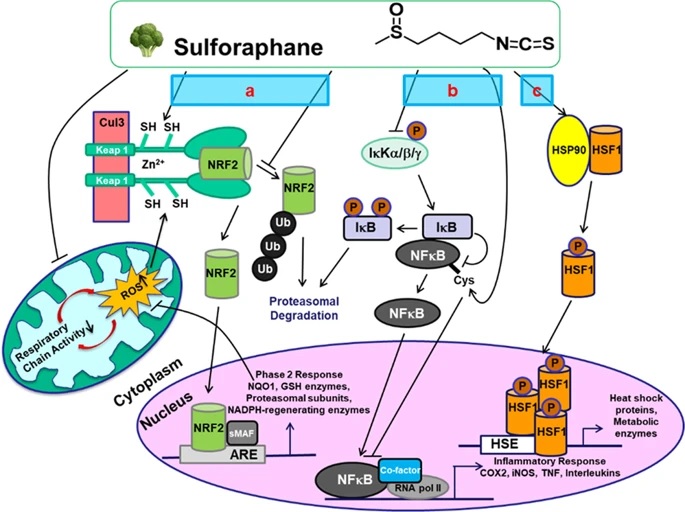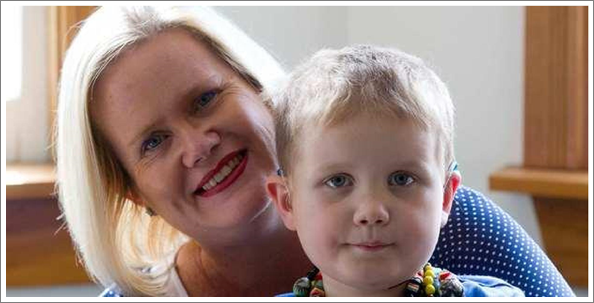The above link takes you to Scientific Report –
Biomarker Exploration in Human Peripheral Blood Mononuclear Cells for Monitoring Sulforaphane Treatment Responses in Autism Spectrum Disorder, Hua Liu, Andrew W. Zimmerman, Kanwaljit Singh, Susan L. Connors, Eileen Diggins, Katherine K. Stephenson, Albena T. Dinkova-Kostova & Jed W. Fahey; published 02 April 2020.
For those who would like a summary – the report discusses the beneficial effects sulforaphane has on cellular functions by reducing inflammation, oxidative stress, supporting detoxification, improving correct cell signalling and protecting against DNA-damage.
The study states: Autism Spectrum Disorder (ASD) is one of the most common neurodevelopmental disorders that, in the United States, is currently estimated to affect 1 out of 59 children who are 8 years old1. Despite decades of research and advances in our knowledge of the etiologies of ASD, treatments and biomarkers for ASD remain limited2,3,4,5. To date, the primary diagnosis of ASD still relies on observational tools that are by nature subjective3,6. Genetic and metabolic studies may provide additional clues to specific etiologies or treatments, but there are no generally accepted biological markers for commonly affected cellular pathways in ASD5,6.

Sulforaphane may be beneficial in those affected by ASD, but perhaps it also plays a pivotal role in preventing ASD.
Our Naturopath is an accredited G.E.M.M. practitioner – contact True Medicine today on 07 5530 1863.

